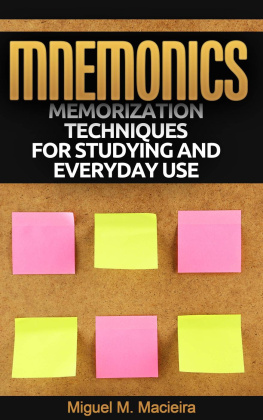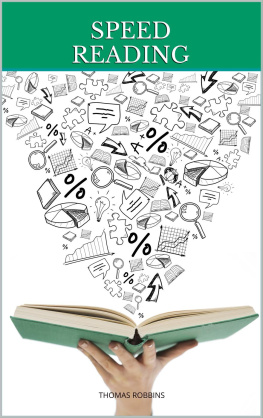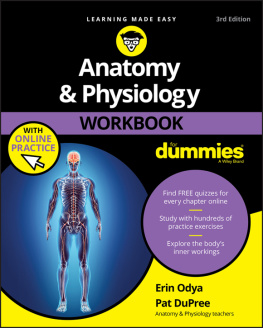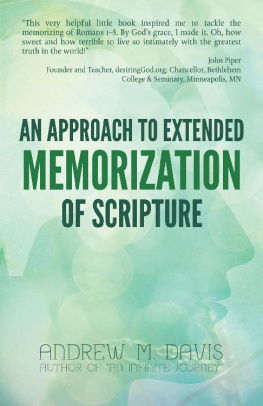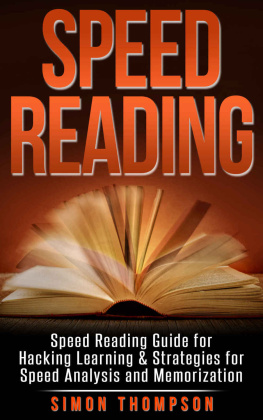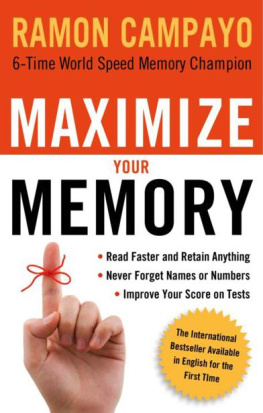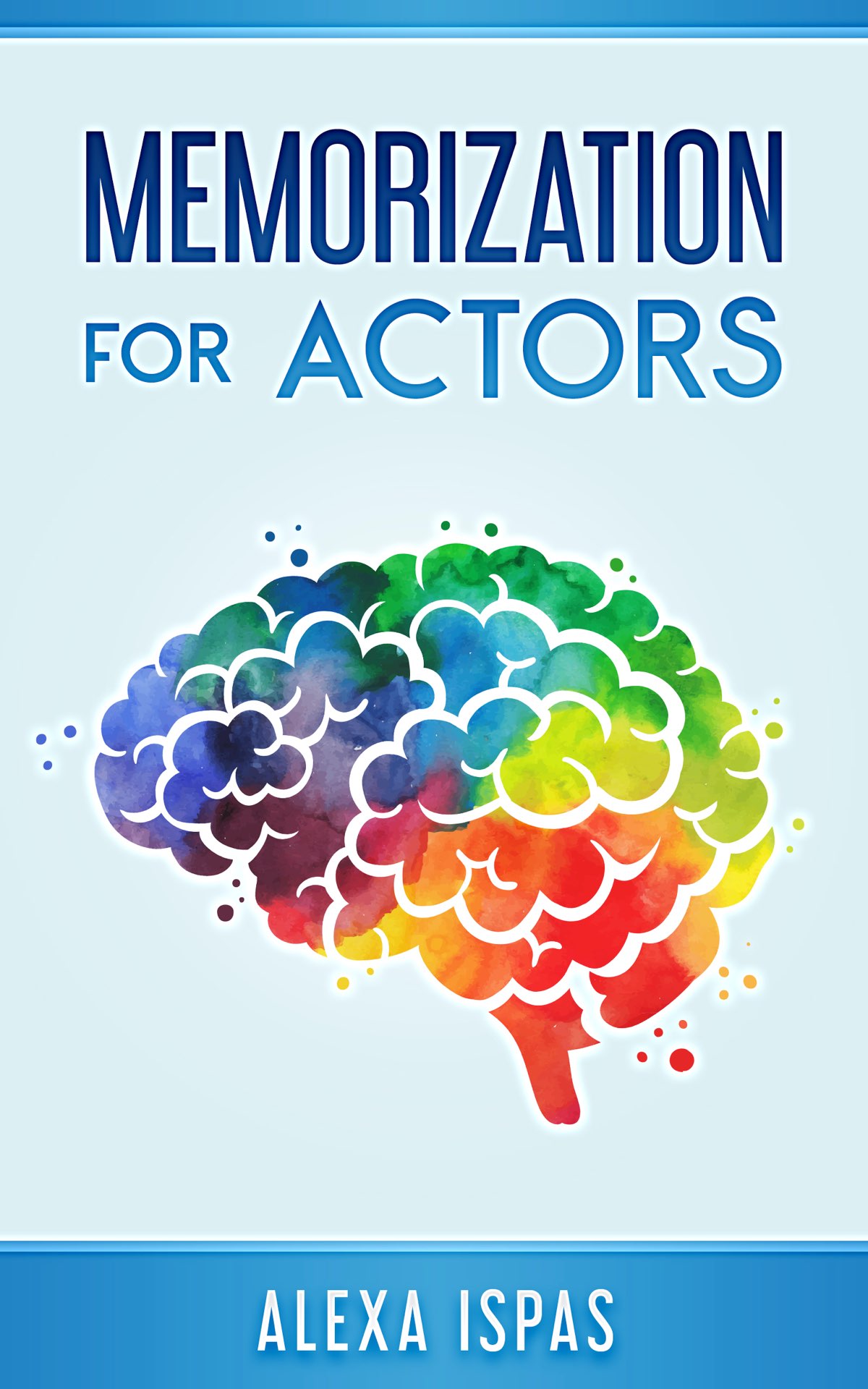
Memorization for Actors
Alexa Ispas
Copyright 2021 by Word Bothy Ltd.
ISBN: 978-1-913926-06-9 (ebk)
ISBN: 978-1-913926-07-6 (pbk)
All rights reserved. No part of this book may be reproduced in any form or by any electronic or mechanical means, including information storage and retrieval systems, without written permission from the author, except for the use of brief quotations in a book review.
Disclaimer: All material in this book is provided for your information only and may not be construed as professional advice. No action or inaction should be taken solely based on the contents of this book. Instead, readers should consult appropriate professionals before making decisions on any matters raised in this book. The publisher is not responsible for any errors or omissions.
Contents
Introduction
Are you an actor who struggles to remember lines and finds the process of memorization frustrating?
Or do you already have a relatively successful memorization process, but would like to make it even better?
Either way, this book is designed to help you learn your lines faster and more reliably than ever before.
This is a bold claim, so let me explain why I feel confident making it.
Although I have written this book specifically for actors, the strategies I will introduce to you do not come from the world of acting.
They come from hundreds of research studies in psychology.
Over several decades, psychological studies into memory have provided a huge amount of insight into how memory works.
This is the first book of its kind to adapt these insights to actors memorization requirements.
I believe that if actors were shown how to take advantage of psychological research into memory, they could memorize their lines quicker and more reliably than ever before.
I am not an actress myself. My background is in psychology, a subject I have studied to PhD level and absolutely adore.
But Im also a free spirit, and for years I pursued acting as an alternative career option.
I eventually realized I didnt love acting enough to make it a lifelong occupation.
However, during my foray into acting, I witnessed first-hand the mistakes actors make while learning their lines.
I also saw the huge amount of frustration, stress, and stage-fright that come with not being entirely confident of knowing your lines.
I am convinced that providing actors with a better understanding of how their memory works will resolve these problems.
This book offers specific tools actors can use to learn their lines quicker and more reliably than their current standard.
In addition, the book will introduce you to a highly effective memorization process.
This process is based on solid psychological evidence of how to make the most of your memory capacity.
Once established, this process will allow you to memorize more material than ever before, in less time, and with reliable results regardless of circumstances.
By the time you finish this book, you will have a wide range of memorization strategies up your sleeve.
You will also understand why they work and when to use each of them for maximum effect.
Understanding why particular strategies work will give you confidence that you are spending your memorization time productively.
This certainty will make learning lines motivating and fun.
Memorization will no longer be a chore you must undertake, or a task you find frustrating due to not being able to rely on the results.
Enjoying the process of memorization, and trusting in its reliability, will have many benefits to your acting career.
You will need less time to prepare for auditions, and therefore be able to take advantage of opportunities even if they come up at short notice.
You will also feel more confident during auditions, allowing directors and members of the casting team to see the real you.
Once you get the part, directors will love working with you because of how well prepared you will be.
This will put you miles ahead of the competition and lead to more work opportunities further down the line.
There is one caveat to all these benefits: you have to put this memorization process into practice.
If you are not willing to do that, this book wont be of any use to you, and theres no point in buying it.
But if you are prepared to put in your side of the bargain, Im delighted to have you on board.
I have kept this book short, so you can read it in an afternoon and have a detailed memorization process by the time you finish.
The book will provide you with everything you need to know about how memory works that is relevant to learning lines.
Each chapter focuses on one specific aspect of memorization that is important to your final, overall process.
I have also provided a summary at the end of each chapter, for a quick reminder of the key points.
The final chapter brings everything together into a step-by-step memorization process, so you can refer to it any time you get stuck.
And now, without further ado, allow me to introduce you to the weird and wonderful features of your own memory.
Chapter 1: The complex nature of memory
Short-term and long-term memory
We generally talk about memory as if it was a single entity.
However, all the available psychological evidence suggests that what we refer to as memory is in fact made up of several systems and processes.
Two memory systems are particularly relevant to the process of learning lines.
I will refer to them as short-term memory and long-term memory.
Each of these plays a crucial role in memorization.
Learning lines using short-term memory
Short-term memory holds those items in our minds that we need to perform the task at hand.
As you are reading this text, you are using your short-term memory to remember the previous sentence, so the sentence you are reading at the moment makes sense.
As this example illustrates, we use short-term memory continuously in daily life, often without realizing it.
It is thanks to short-term memory that we can remember a telephone number long enough to dial it.
Short-term memory has many uses while you are in the process of learning your lines.
For example, it allows you to read a line of text and remember it long enough to say it without looking back at the text.
This is an ability you may often use in the early stages of memorization.
Short-term memory is also invaluable in certain types of auditions.
For example, you need your short-term memory in situations when you are given your line just minutes before being asked to say it in front of the casting team or the camera.
Actors who work for film or television often rely on their short-term memory when they are given their script the night before or on the morning of the audition or shoot.
In such circumstances, there is no time to go through the full process of learning lines.
Short-term memory helps you reproduce the lines without having them fully memorized.
The reason short-term memory enables you to say the lines so soon after you have been exposed to them is that it keeps them immediately accessible.
As long as the lines are held in your short-term memory, you can say them.
You do not need the time-consuming process of storing the lines in long-term memory.
Even more astonishingly, short-term memory allows you to memorize words and lines even if you do not understand their meaning.
Next page

